Rice is a staple cuisine across cultures. In fact, it’s the most commonly consumed food in the world! Rice’s popularity comes for good reason, primarily because of how easy it is to farm, but also because of its versatility in cooking
Different Types of Rice
The nutrient density of rice, including fiber, carbs, and protein, varies depending on the type of rice. Each also has a different flavor profile and texture.
Black Rice
Black rice’s unique color has earned it many names, including ‘purple rice,’ ‘forbidden rice,’ and ‘emperor’s rice.’ Anthocyanins, the pigments which give black rice its color, also contribute a light sweetness that adds a layer of complexity to its flavor profile.
One ½ cup of black rice contains 3 grams of fiber and 5 grams of protein, as well as nutrients like vitamin E, riboflavin, niacin, beta-carotene, calcium, chromium, phosphorus, iron, manganese, potassium, zinc, copper, and magnesium. Black rice is also rich in lutein and zeaxanthin, two types of carotenoids that can improve eye and skin health.
Our Forbidden Teriyaki Bowl with Chicken features black rice!
Red Rice
Red rice also gets its color from anthocyanins, just in smaller quantities than are found in black rice. Despite these levels being lower, red rice actually contains 10 times more antioxidants than brown rice. Phenols and flavonoids can improve heart health as well as skin, hair, and nails, and are even believed to help prevent some chronic diseases!
Brown Rice
Brown rice is a whole grain that includes the bran and germ, making it more nutritious than processed alternatives. One cup of brown rice contains 3.5 grams of fiber and 5 grams of protein, as well as high amounts of thiamin, niacin, pyridoxine, pantothenic acid, iron, magnesium, phosphorus, zinc, copper, manganese, and selenium.
White Rice
Similar to white bread, white rice is the most processed and least nutritious of the different varieties of rice. However, that doesn’t mean it lacks nutritional value altogether! One 1/2 cup of white rice contains 0.5 grams of fiber and 2 grams of protein. White rice has a more subtle flavor and tender texture than its counterparts, but due to the higher glycemic index and lower levels of nutrients before enrichment, it’s considered by some to be the least healthy type of rice. However, white rice can be easier to digest than brown rice, since it doesn’t contain the anti-nutrients present in the bran and germ. It’s also a great quick-digesting carb for athletes.
So, which rice is the most nutritious?
As with almost every other food, it’s best to choose the least processed option available. And the answer to this question depends on your goals, too. But if we’re looking strictly at nutrient density per serving, our vote would be for black or red rice. But the bottom line is to eat the rice you enjoy the most, and watch your portion size!
What to Eat with Rice
Rice makes an excellent side dish or can be incorporated into an entree alongside protein and vegetables. If you’re looking to try out some of our Snap Kitchen dishes that feature rice, try our Butter Chicken on Basmati Rice or our Chicken Burrito Bowl with Avocado Salsa. To learn about topics like colorful foods and important nutrients, read more of the Snap Blog.
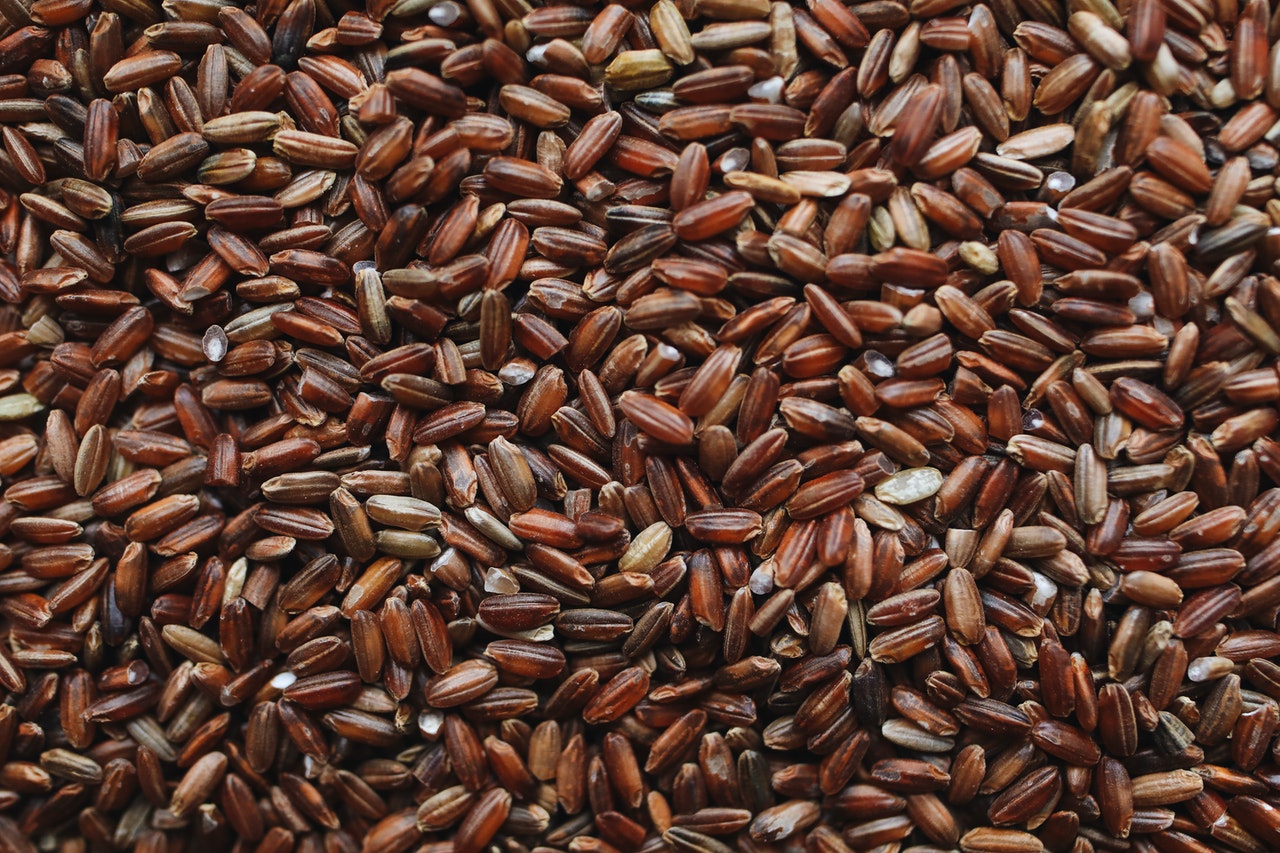
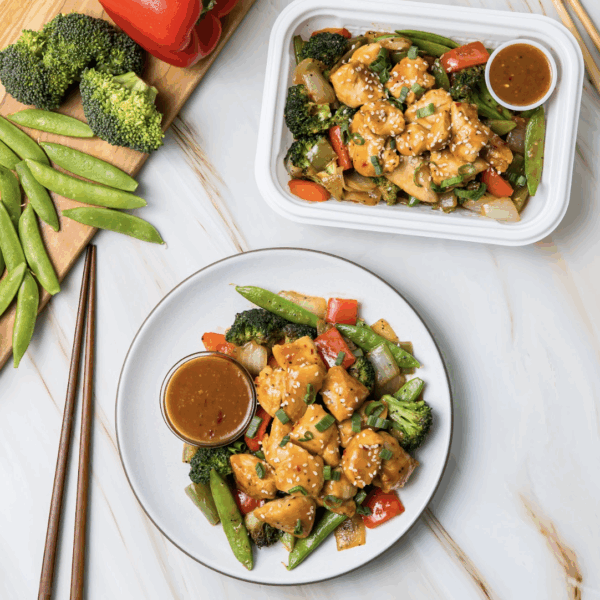
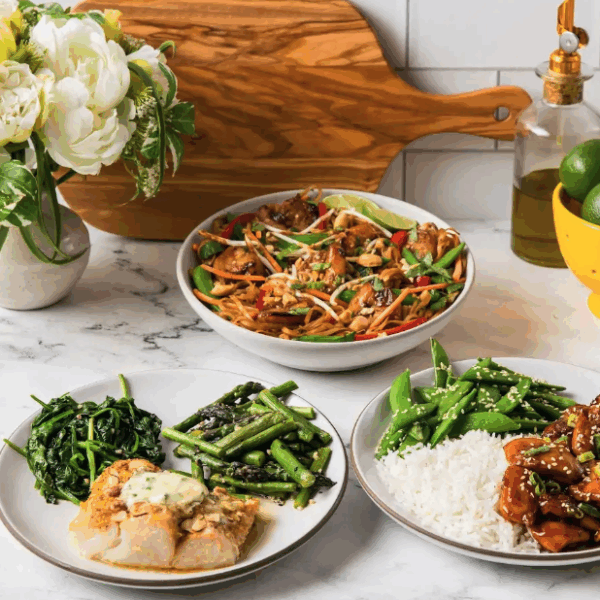
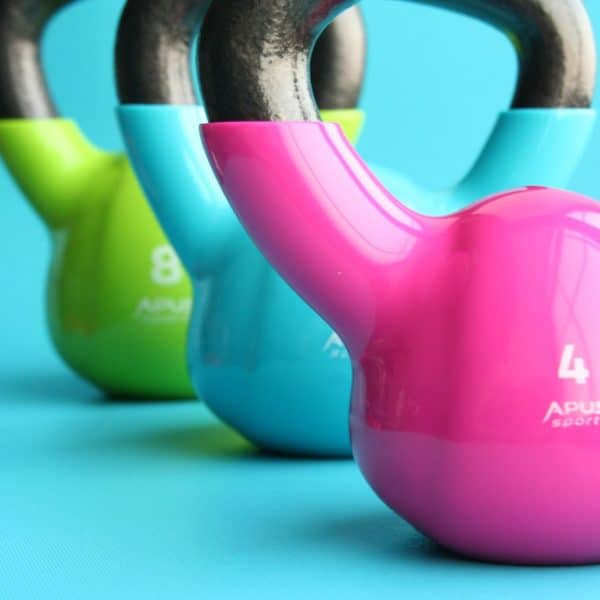
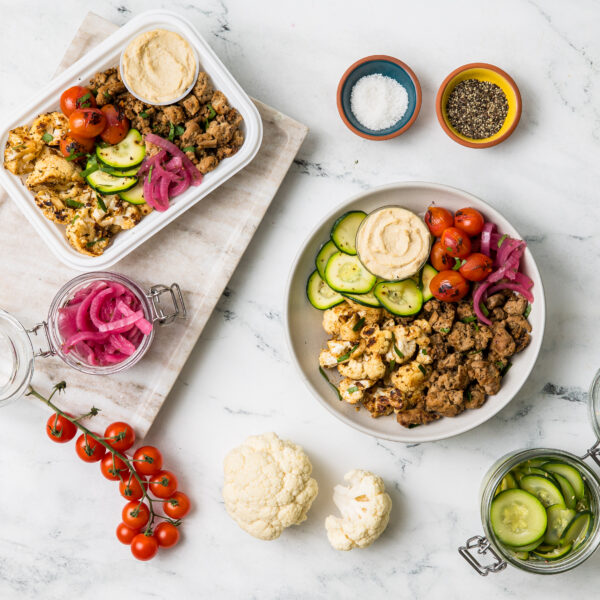
Leave a Reply
2 Comments
Our family loves your WILD RICE
BLEND. It was sold at Safeway in Jackson, ca (Calaveras county) now i can find it . WHY.
Hi Jane! We have never sold a wild rice blend, aside from having wild rice in our meals. I hope you end up being able to find the brand you’re looking for!